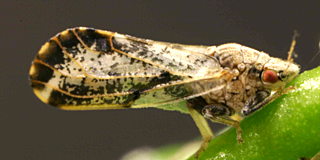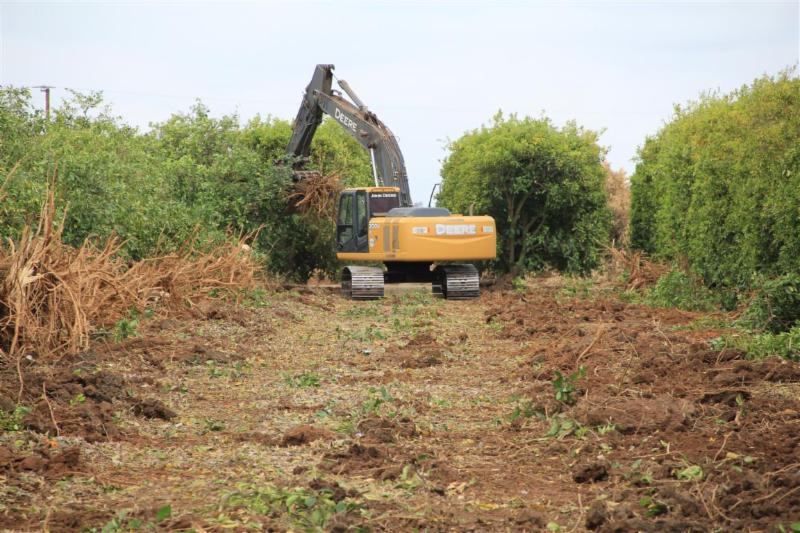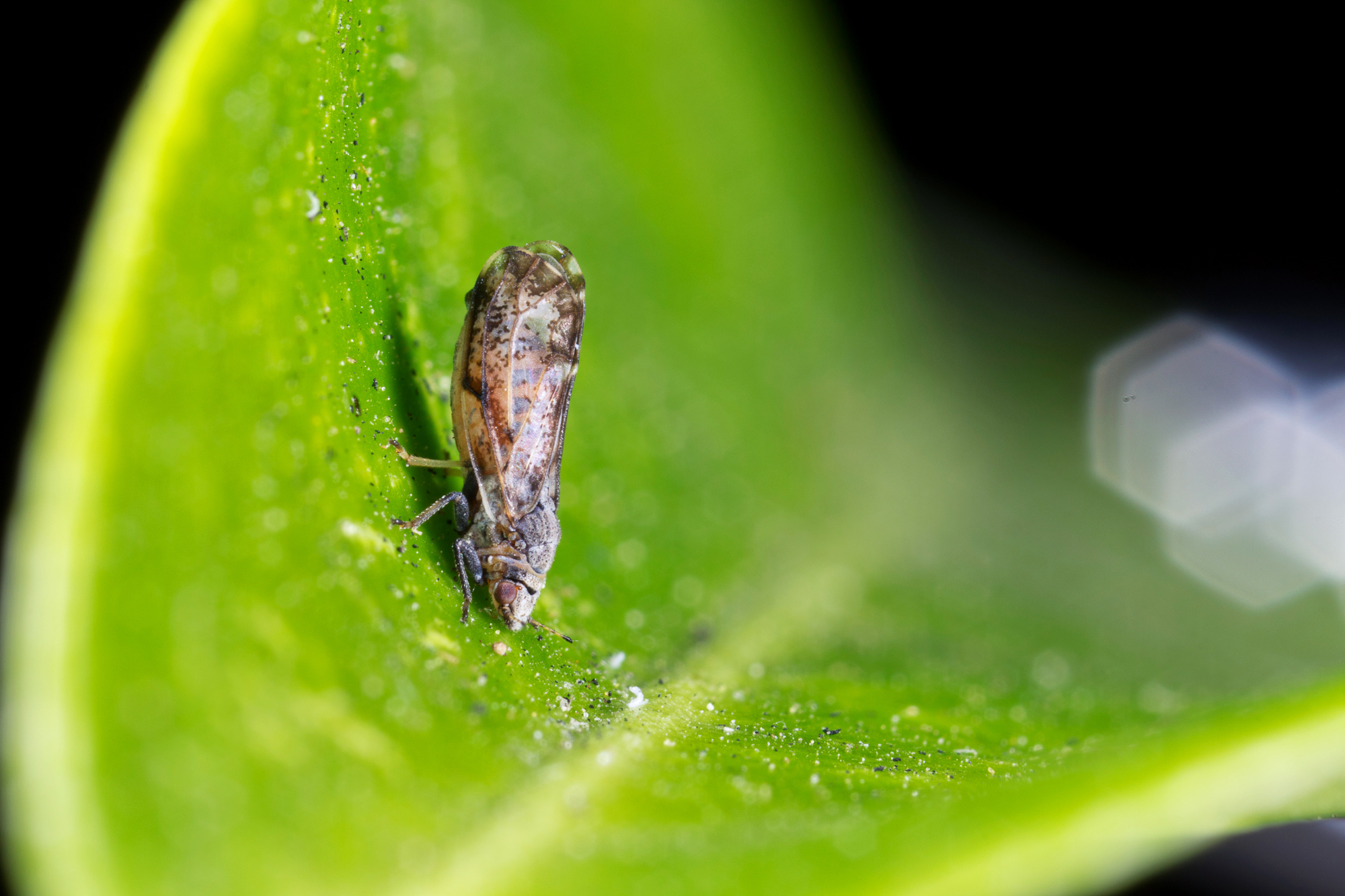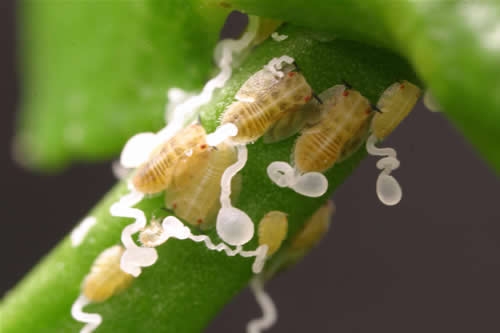Asian Citrus Psyllid Quarantine Expansion in Tulare County
An additional portion of Tulare County has been placed under quarantine for the Asian citrus psyllid (ACP) following the detection of two psyllids in separate traps in an unincorporated area northwest of the community of Ivanhoe in Tulare County. This brings the total quarantine area in Tulare County to 856 square miles.
The new quarantine zone measures 110 square miles in Tulare County, bordered on the north by Avenue 384; on the east by Road 180; on the south by E Main Street; and on the west by Road 80.
The new quarantine zone will connect existing quarantine zones already in place. A map is available online at: http://pi.cdfa.ca.gov/pqm/manual/pdf/maps/3435ACPTulareCounty.pdf
Also, a single ACP has been detected west of Exeter near the community of Farmersville recently and may lead to another quarantine expansion later this month. The parameters and size of that additional new regulated area are still being determined.
In addition to the developments in Tulare County, ACP quarantines remain in place in Fresno, Kern, Imperial, Los Angeles, Orange, Riverside, San Bernardino, San Diego, San Luis Obispo, Santa Barbara, and Ventura counties.
The ACP is an invasive species of grave concern because it can carry the disease huanglongbing (HLB), also known as citrus greening. All citrus and closely related species are susceptible hosts for both the insect and the disease.
There is no cure once a tree becomes infected. The diseased tree will decline in health until it dies. HLB has been detected just once in California – in 2012 on a single residential property in Hacienda Heights, Los Angeles County.
HLB is known to be present in Mexico and in parts of the southern U.S. Florida first detected the pest in 1998 and the disease in 2005, and the two have been detected in all 30 citrus-producing counties in that state. The University of Florida estimates the disease has tallied more than 6,600 lost jobs, $1.3 billion in lost revenue to growers and $3.6 billion in lost economic activity.
Residents in the area who think they may have seen the Asian citrus psyllid are urged to call CDFA’s Pest Hotline at 1-800-491-1899. For more information on the Asian citrus psyllid and HLB, please visit: www.cdfa.ca.gov/go/acp.











 Westlands Water District General Manager Thomas Birmingham issued the following statement on the drought bill passage:
Westlands Water District General Manager Thomas Birmingham issued the following statement on the drought bill passage:








